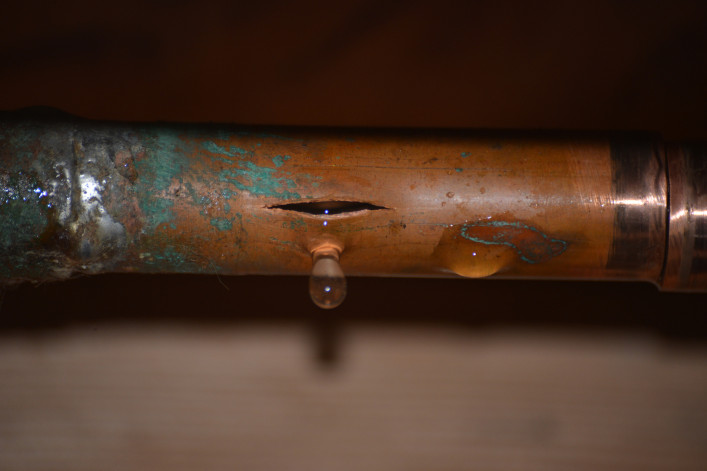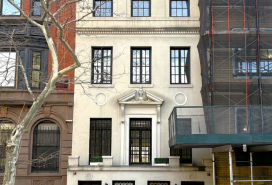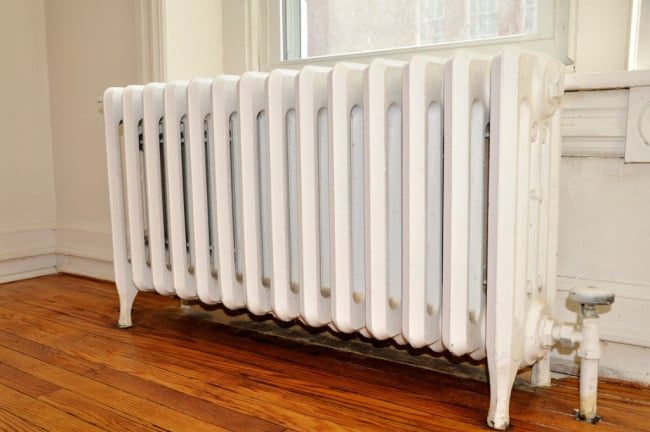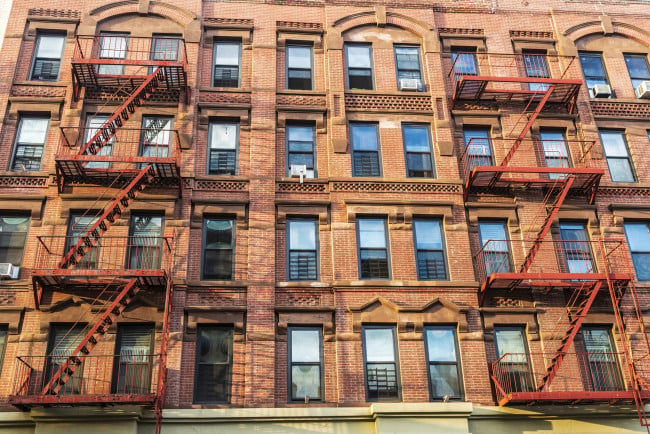Do I need to keep the heat on to prevent pipes freezing or is that the landlord's responsibility?
- NYC landlord needs to provide a source of heat during the winter
- Renters in single-family homes and new developments may pay for heat
- As a tenant you have an obligation not to damage the building

You have an obligation not to damage the building by allowing pipes to freeze.
kortemeyer/iStock/Getty Images Plus via Getty Images
My pipes froze and burst during the cold snap and now my landlord says I need to keep the heat on at all times. I pay for my own heat and it's very expensive. Is this my responsibility or my landlord's?
If you live in a New York City building with three or more apartments, your landlord is required to provide heat during the winter, our experts say. This means the indoor temperature during the day must be at least 68 degrees when it’s below 55 degrees outside from October to May. At night the temperature should be at least 62 degrees. This is referred to as heat season.
In most NYC apartments, your heat is included in your rent. But in single-family houses and some new developments, you may pay for heat separately. Your lease will spell this out.
As a tenant, you also have an obligation not to do anything that damages the building, says Justin C. Brasch, founding partner at Brasch Legal. This means you have a responsibility not to let the pipes freeze. “You’re not allowed to damage the building—you agreed to pay, you have got an obligation,” Brasch says.
It may be tempting to switch the heat off to reduce costs when you go on vacation, but there are practical reasons—namely avoiding frozen pipes—to set your thermostat to at least 55 degrees during the winter.
Your rights under the warranty of habitability
Under the warranty of habitability—a set of requirements guaranteed by law in every lease—landlords must keep your apartment and the building safe and livable at all times. If you live in an apartment and the landlord isn't providing a source of heat, that's a violation of this law. Any lease that modifies your rights under the warranty of habitability would be unenforceable.
In a single-family home, as in an apartment building, the landlord would need to provide the system for heating. If you have no heat, whether due to a broken boiler or another factor that’s out of your control, you may be entitled to a rent abatement.
How to make your apartment a comfortable temperature
Steam heating via radiators is the most common heating method in older NYC buildings and in most cases it is either on or off. This can sometimes result in you being too hot or too cold. One option is to install a thermostatic radiator valve on the radiator in order to regulate the temperature.
Electric space heaters are allowed, but they can be expensive and should never be used with an extension cord or left on overnight. They should be kept at least three feet from bedding or furniture. Also, look for electric space heaters with an automatic shut-off feature, and only use ones that have the Underwriters Laboratories (UL) Mark.
If you have trouble affording your heat, there are government assistance programs, which you can apply for to help you pay.
You Might Also Like



























